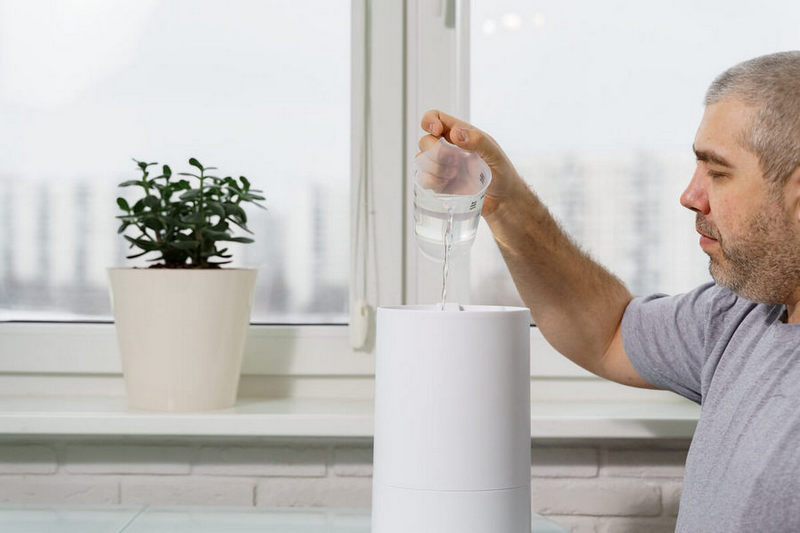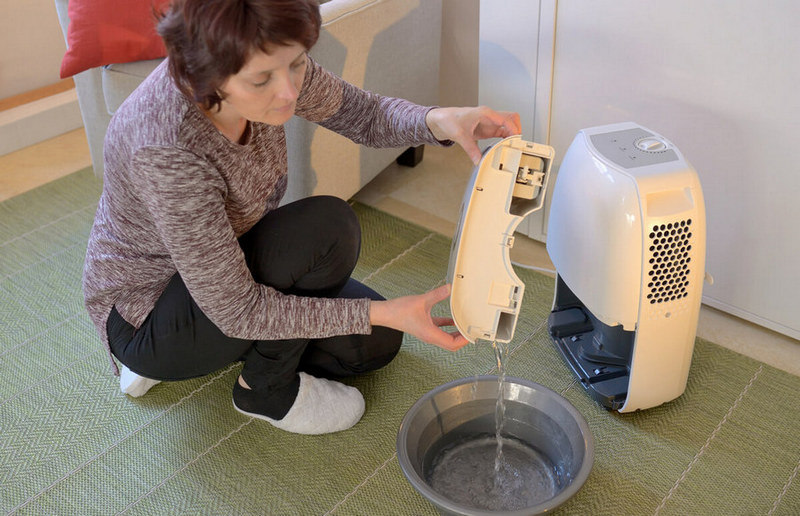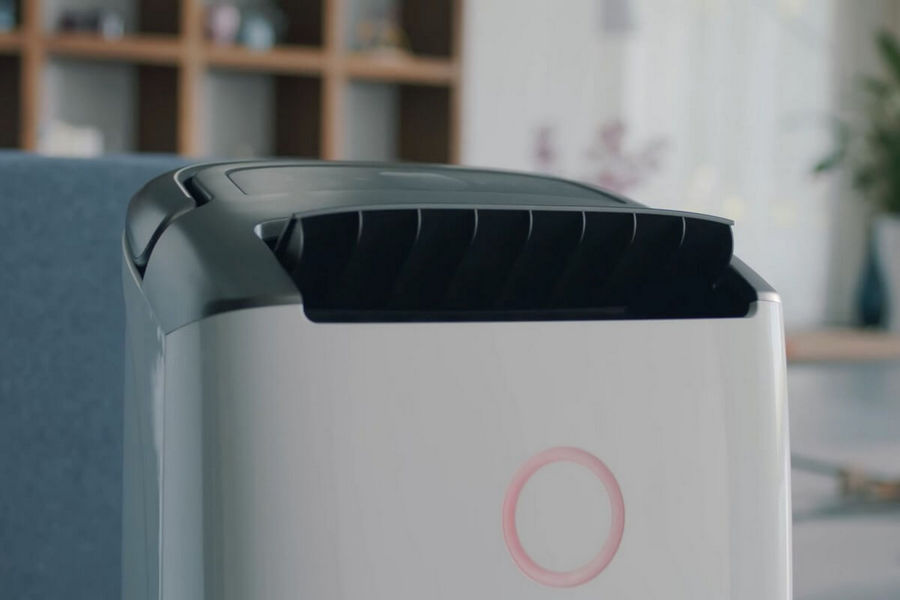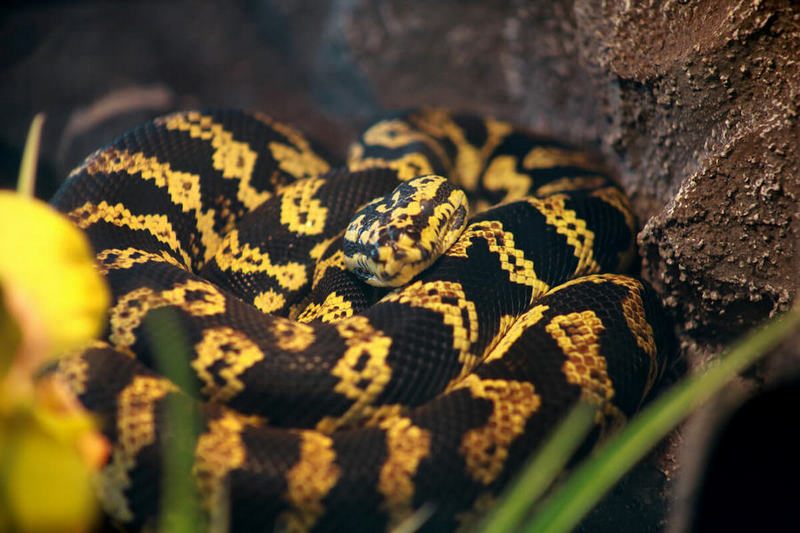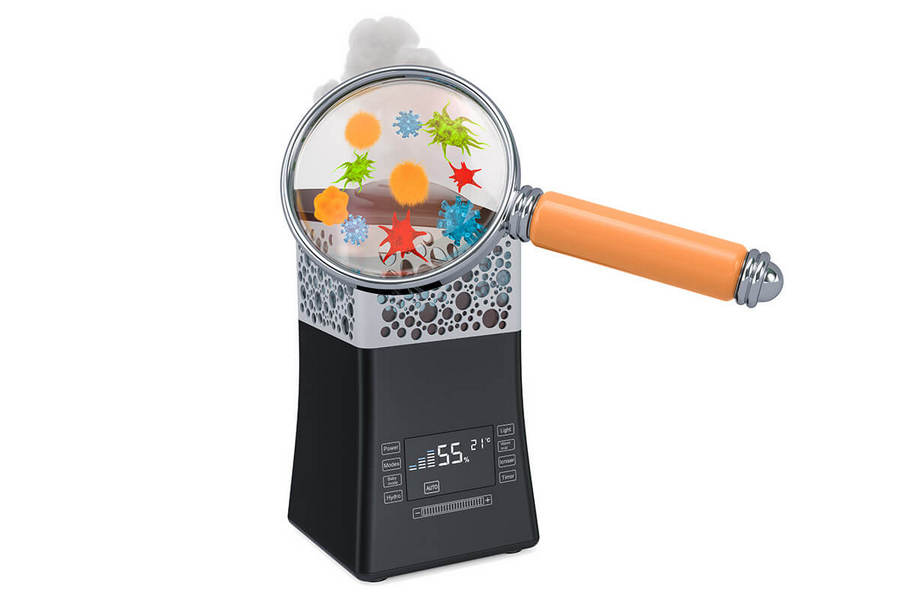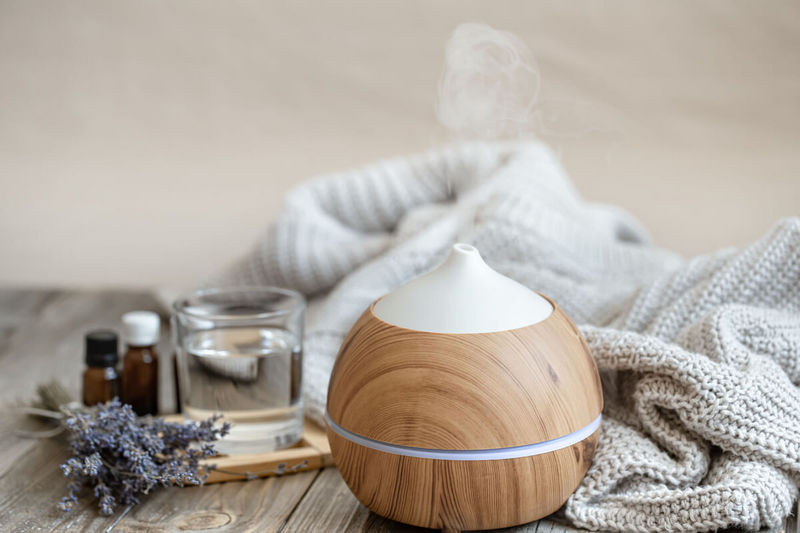The primary purpose of using a humidifier is to add moisture content indoors to promote your comfort. The kind of water to use in a humidifier plays a make or break role in the overall performance and effectiveness of the humidifier.
Read the article to find out the preferred type of water for a humidifier to keep the device clean and free from mineral deposits and bacterial growth.
Should You Use Distilled Water in a Humidifier?
Many humidifier manufacturers indeed urge the customers to use only distilled water. The distilled water available in the market undergoes extensive treatment to remove bacteria and minerals such as calcium, sodium, and magnesium.
All of these minerals and impurities damage not only the humidifier but also the indoor air you inhale.
That’s why distilled water allows you to operate the humidifier smoothly without causing any wear and tear or mold buildup inside the reservoir. Another added benefit of adding clean distilled water is to ensure your health.
The good news is you no longer need to spend hundreds of bucks buying distilled water bottles; instead, you can convert the regular tap water into distilled water at home.
For instance, you can boil the water over the boiling point till it transforms into the vapors form. Next, you can collect and condense the vapors that eventually form pure water.
However, some impurities can be left in the container where you first boiled the water. That’s why double distillation methods prove more effective in producing pure water for the humidifier.
Is purified water the same as distilled water for a humidifier?
Purified water differs from distilled water in the purification process. But both purified and distilled water are pure; thus, you can safely put them in a humidifier.
Related: What Kind of Salt Do You Put in a Humidifier
Can You Use Filtered Water in Your Humidifier?
Thanks to evolving technology, there are multiple water filtration mechanisms to filter and purify water. For example, reverse osmosis (RO) removes harmful impurities from the water to guarantee 99 percent pure water.
Alternatively, the carbon block filter is one of the most effective filtration techniques to remove contaminants as well as heavy metals. Similarly, ionization treats water by eliminating the salt ion and other minerals. However, this method doesn’t remove bacteria like carbon filters and RO methods.
Lastly, demineralization successfully removes the minerals, salts, and other impurities. Nonetheless, this technique also removes the beneficial minerals required for the body and doesn’t kill bacteria or other viruses that can severely impact the humidifier performance.
To sum up, you can use filtered water in the humidifier depending on the initial filtration system.
You May Also Like: Do Cool-Mist Humidifiers Cool the Air in a Room
Is It OK to Use Tap Water in a Humidifier?
You can use tap water in your humidifier. However, we don’t recommend you use it to protect the humidifier from undesired wear and tear.
Based on the source, tap water contains different minerals or bacteria. Since the humidifiers are moist and warm based on the design, making them a perfect habitat for bacterial growth. Not only that, but the mineral buildup and mold growth severely affect the functionality of the humidifier.
Lastly, tap water in the humidifier spreads unwanted bacteria and mold around your home, leading to health problems.
Furthermore, hard tap water causes white dust or powder spraying from the humidifier and the mist. Almost 85 percent of the water available in the US is hard water that contains mineral particles such as calcium and magnesium.
This white powder is essentially the mineral content of the tap water. Don’t worry; it’s not harmful to your health. However, you’ll notice that it gradually begins to deposit on the nearby furniture, tables, and shelves.
Not only that but using hard tap water leaves the slime and pink mold in the humidifier’s reservoir. Again, the mold results from the mineral content present in the tap water.
Related: How to Clean a Humidifier With Apple Cider Vinegar
Can You Use Bottled Water in a Humidifier?
Since the US Food and Drug Administration (FDA) is responsible for regulating bottled water to ensure it’s safe and healthy to consume regularly mineral, sparkling, purified, glacier, and spring water are all types of bottled water.
That’s why you no longer need to worry about the presence of heavy metals or contaminants in bottled water. Hence, you can safely use bottled water in the humidifier.
On the other hand, the water comes in plastic bottles that release synthetic polymer particles in the water. Sadly, these particles not only harm your health but also damage the humidifier. That’s why it’s better to buy water in eco-friendly glass bottles.
Can You Use Boiled Water in a Humidifier?
It’s essential to understand what boiling does to tap water. When you treat water at a higher temperature, you only kill the germs and pathogens. However, boiling doesn’t remove the harmful heavy metals, minerals, and other contaminants from the water.
Depending upon the state or country you live in, water may contain traces of zinc and fluoride, which are dangerous for your health.
Using boiled water in the humidifier leads to the mineral and whitish substance buildup in the water reservoir. As a result, the humidifier pollutes the air releasing the minerals in the surrounding.
You can’t completely prevent the chemicals or minerals by boiling water. On the downside, the concentration of the contaminants may increase as boiling decreases the water volume.
Considering the above facts, it’s better not to use boiled water in the humidifier.
Read Also: What Water Temperature Kills Germs
Is It Better to Put Cold or Hot Water in Humidifiers?
If you want to treat respiratory problems, flu, and cold, you can add hot water to the humidifier to further release hot mist.
However, you need to make sure the humidifier design is suitable for creating hot mist or not. Frequently pouring hot water in the humidifier damages the plastic reservoir for good. Not only that, but the flow of hot water harms the electrical and mechanical parts of the humidifier, rendering it useless.
Lastly, hot water presents a perfect environment for mold and bacterial growth. Hence it’s better not to pour hot water into the humidifier as spillage can lead to burns.
That’s why you should use water at room temperature to avoid any accidental spillage, especially if you have a baby or pet at home. Not only that, you get to enjoy cool and pleasant mist to breathe comfortably indoors.
Fortunately, you can buy an advanced humidifier that automatically or manually adjusts the temperature mist. Additionally, you can opt for warm or ultrasonic cold mist humidifiers depending upon your requirement.
Summary
To sum up, you should use distilled and filtered water in the humidifier instead of tap, boiled, and demineralized water to ensure your family’s health.
However, it’s essential to descale and clean the humidifier regularly to ensure its longevity and prevent air contamination. Using the wrong kind of water to use in a humidifier not only reduces the air quality indoors but also the overall lifespan of the humidifier.

